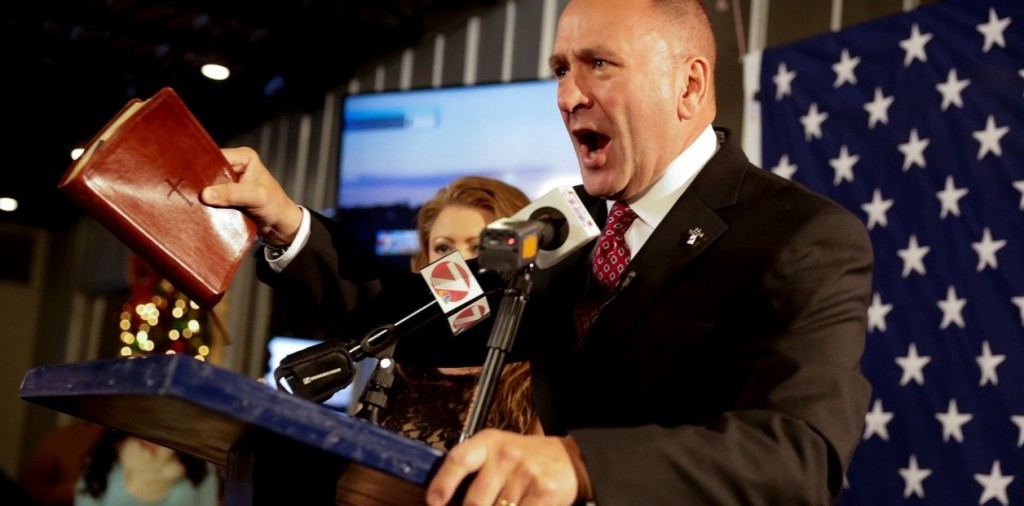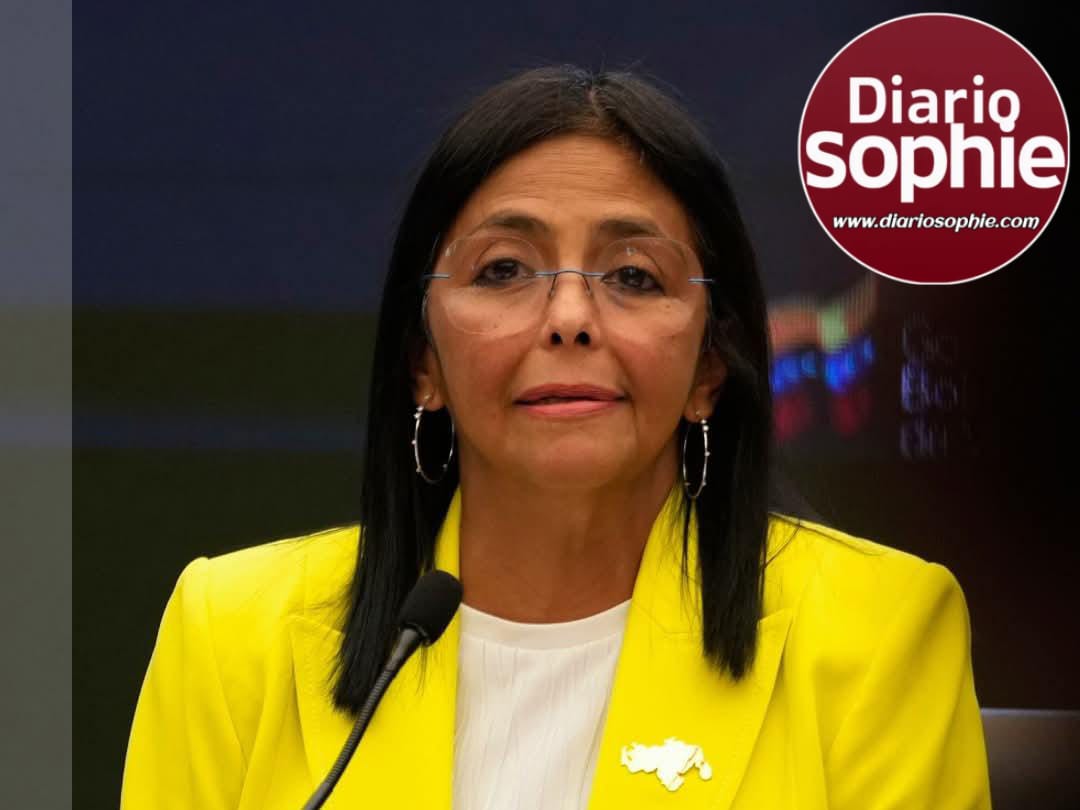INTERNACIONALES
19 de noviembre de 2025
CLAY HIGGINS, THE SOLE VOTE AGAINST THE LAW REQUIRING THE PUBLICATION OF EPSTEIN FILES: WHO HE IS AND WHY HE OBJECTS

THE REPUBLICAN REPRESENTATIVE FOR LOUISIANA, A MEMBER OF THE CONGRESS'S MOST CONSERVATIVE WING, WAS THE ONLY LEGISLATOR TO OPPOSE THE MEASURE ORDERING THE JUSTICE DEPARTMENT TO DISCLOSE ALL FILES RELATED TO THE CASE OF THE LATE FINANCIER JEFFREY EPSTEIN.
The U.S. House of Representatives overwhelmingly approved, with 427 votes in favor, the bill mandating the Department of Justice to disclose all records linked to the case of the late financier Jeffrey Epstein. However, the vote was not entirely unanimous: Republican Representative for Louisiana, Clay Higgins, cast the single dissenting vote, drawing public attention and placing him at the center of the controversy. The measure enjoyed bipartisan support from both Democrats and Republicans, and even the backing of Donald Trump himself after intense internal pressure for transparency.
Higgins, aged 62, represents Louisiana's Third District and is known in Washington for firmly occupying a spot in the most conservative wing of the Republican Party. His political identity has been shaped by a strong "law and order" stance, strict border enforcement, federal government reduction, and a textualist defense of the Constitution. His background includes service as an Army veteran and a former police officer, complementing his role as a member of the House Freedom Caucus. Currently, he holds key positions in Congress, notably chairing the Subcommittee on Federal Law Enforcement within the Committee on Oversight and Government Reform, a role that involves him in executive branch oversight and corruption investigations. His office highlights his effectiveness as a legislator and his commitment to low taxes and individual liberties.
Nevertheless, his justification for the negative vote generated a significant debate. Higgins argued that the full disclosure of emails and documents could be "salacious" or morbid, and more importantly to him, could cause "unnecessary harm to uncharged third parties" and innocent individuals. While the majority of Congress contends that transparency is essential in a case involving sexual abuse and possible collusion by powerful figures, Higgins raised profound concerns about U.S. criminal justice procedure and the protection of privacy for thousands of people.
Through a social media post, the Louisiana legislator defended his position, stating that, as drafted, the bill “abandons 250 years of criminal justice procedure in America.” According to his analysis, the project exposes and harms thousands of potentially innocent individuals, including witnesses, family members, and those who offered alibis, whose names appear in the documents. His primary concern lies in the lack of stronger privacy protections for those mentioned in the files who are not implicated in criminal activity.
Higgins emphasized that he would support the measure if the Senate incorporated such protections for victims and uninvolved third parties, noting that the House Oversight Committee is already releasing documents in a more controlled manner. Despite his solitary vote and the surrounding controversies, the bill's approval by the House of Representatives means the Epstein file now moves to the Senate, one step closer to potential full disclosure.
WWW.DIARIOSOPHIE.COM



















